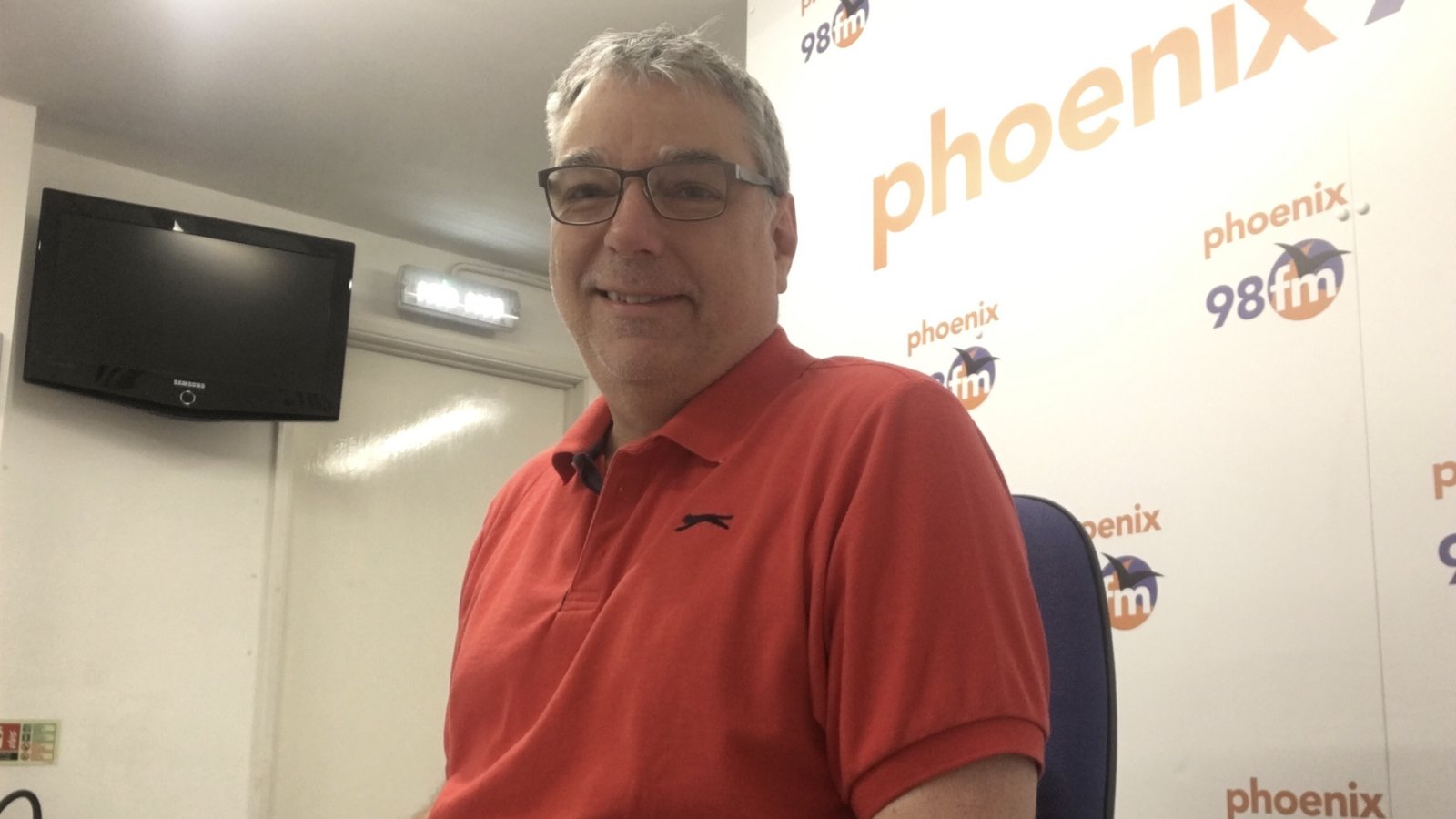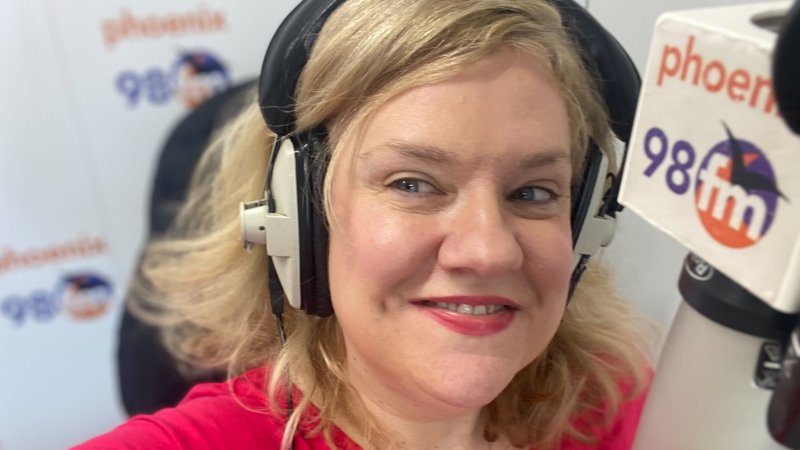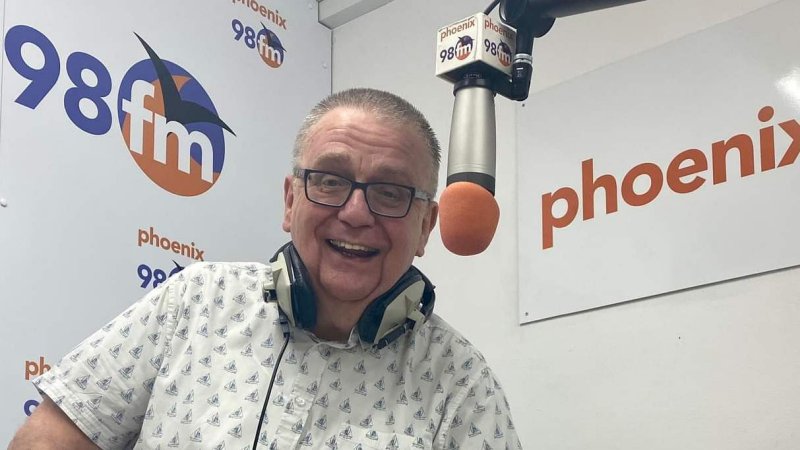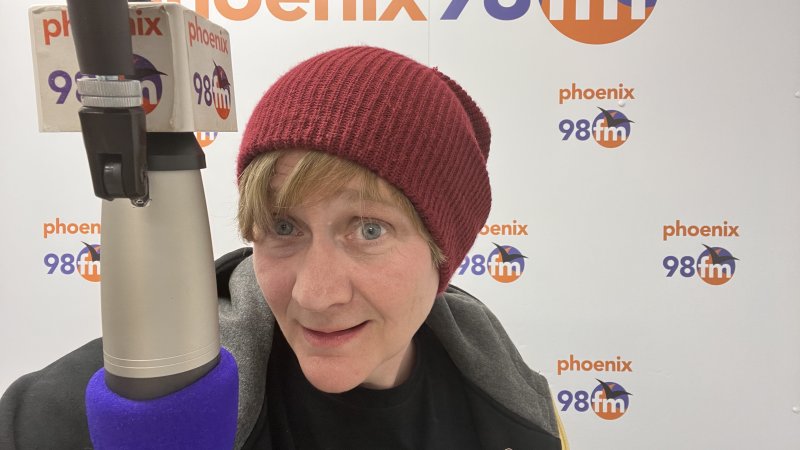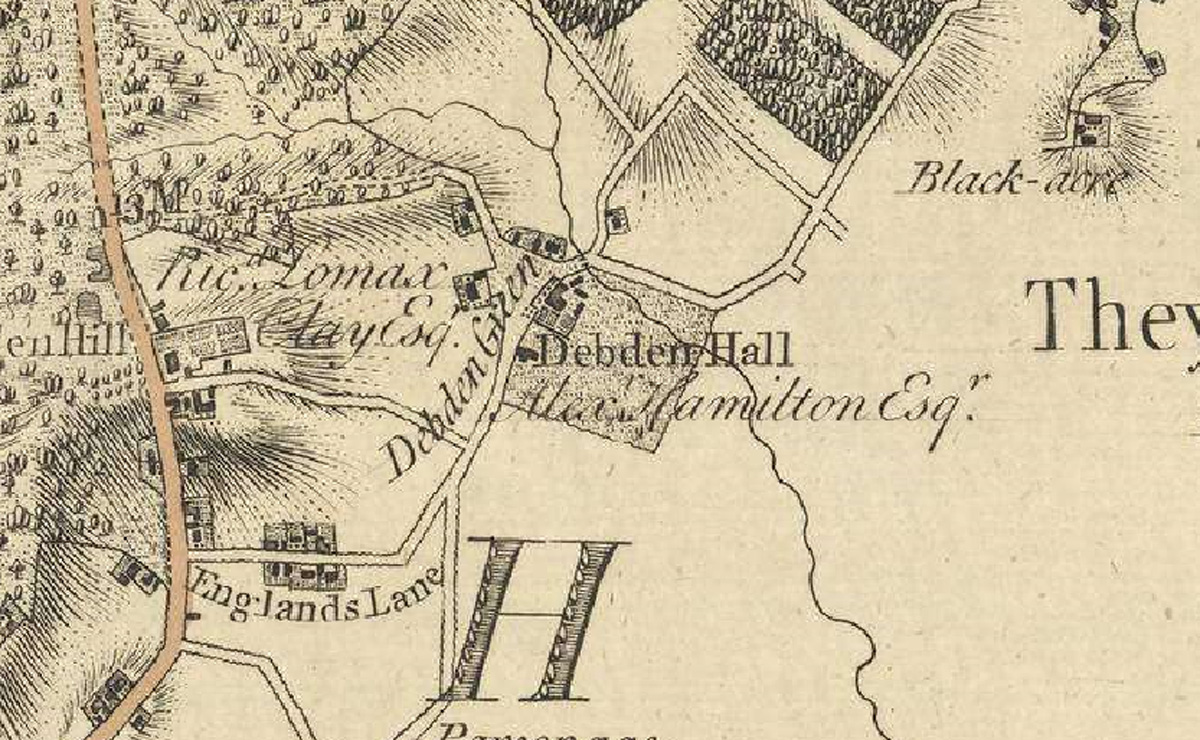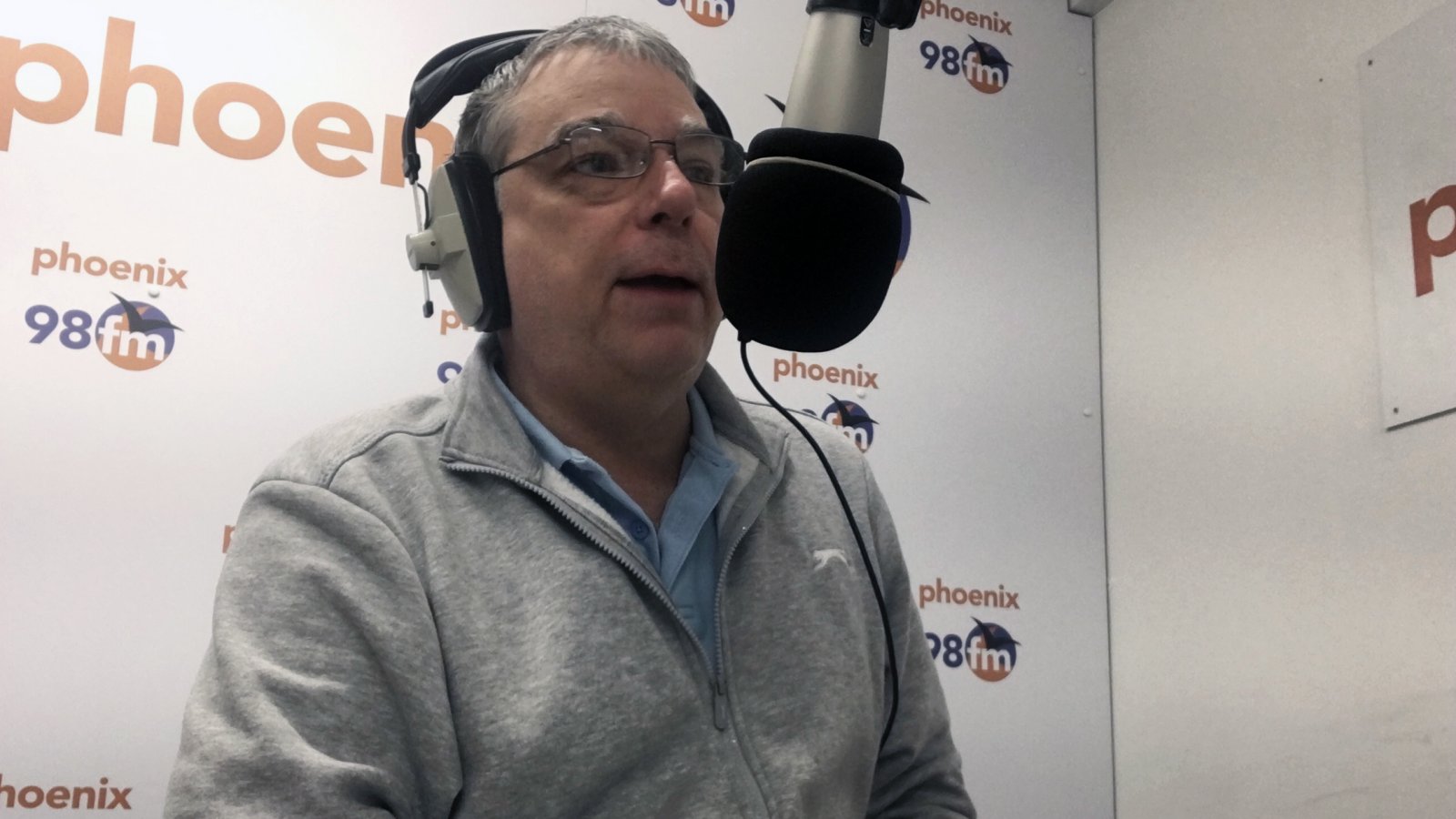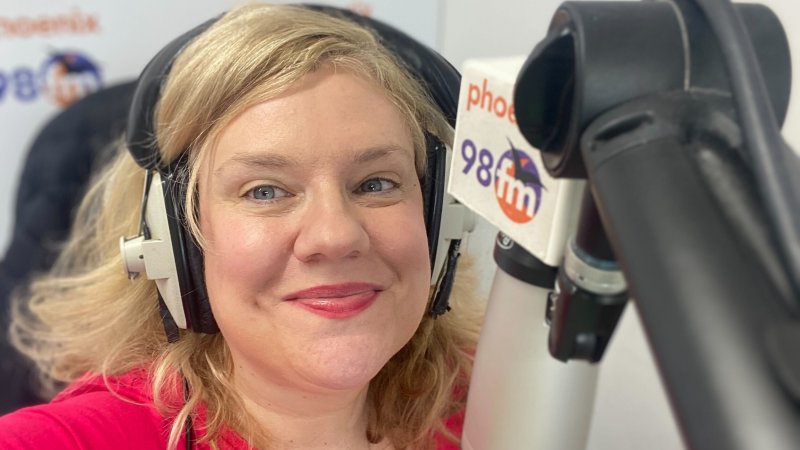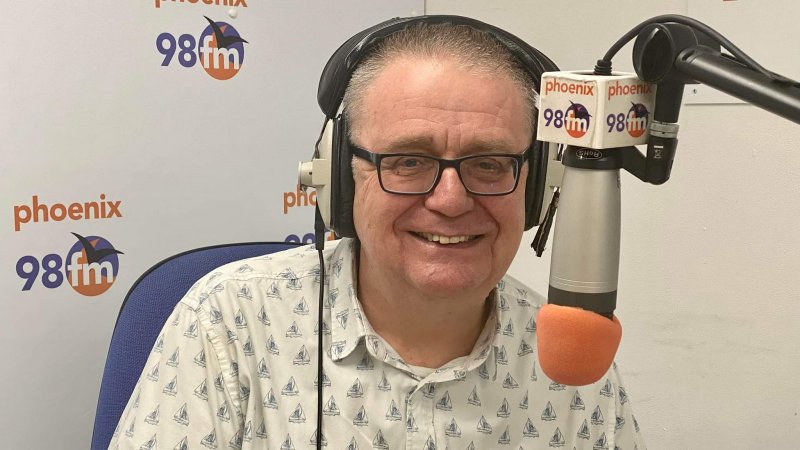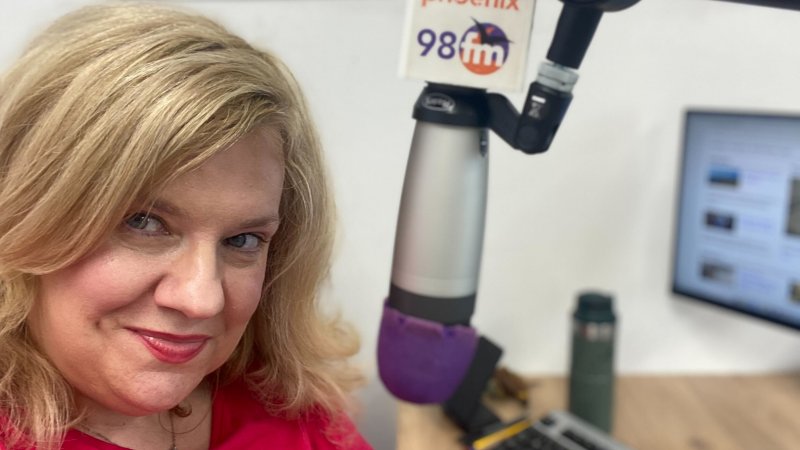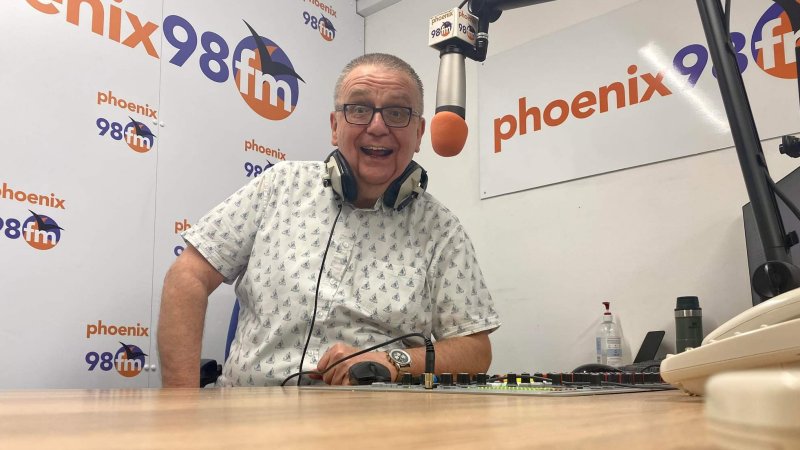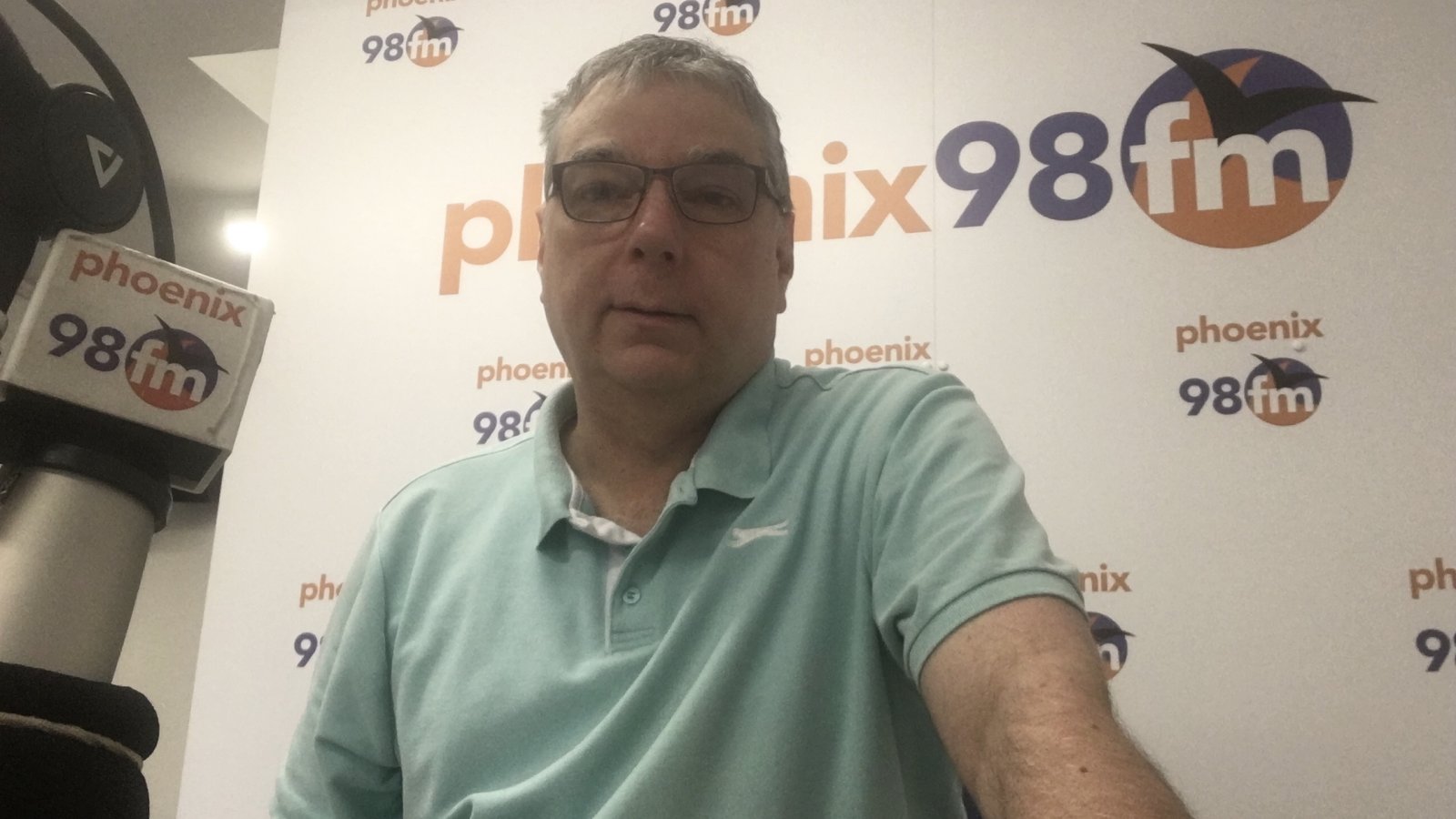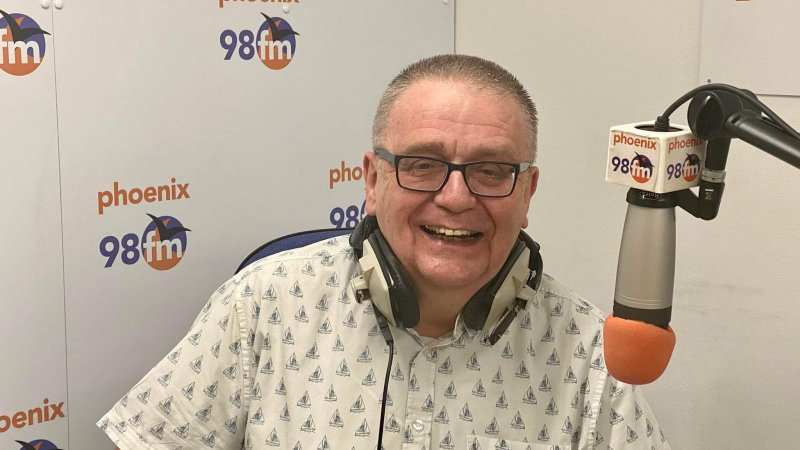Only a small percentage of us know what to do in an emergency, and with ambulance services pushed to their limits it’s more important than ever that we have some idea of how to cope.
If we know what to do in an emergency we may also spare the ambulance a trip.
Many emergencies faced by older people are related to illness and the various injuries may be affected by medications, and if those medications are known about it may give us a clue as to how we can help. As we get older we become more accident prone due to weaker muscles, poor eyesight and balance and also more vulnerable to falls bleeds and burns than a younger person as their bodies don’t repair themselves as quickly.
If a person takes blood thinning medications such as warfarin, they are more likely to bleed a lot if they’re cut. Some falls and accidents can lead to long terms of immobility, and possibly the need for extra care. There are also health hazards associated with taking many different kinds of medications together, and it can be difficult for someone with memory loss to remember if they’ve taken their medication.
For instance, medication to reduce blood pressure can cause dizziness when getting up which could result in a fall.
For these reasons, it’s always a good idea to keep a list of all medications handy, to show health professionals if an accident occurs. This list needs to include all medications, including those bought over the counter and herbal supplements. The name of your doctor, what each medication is for and how often it is taken, and whether it is taken on a full or empty stomach, when repeat prescriptions are due, etc.
Make sure you keep the list updated too.
This information could be vital in helping to save a life or help them them heal more quickly and it makes the job of doctors and nurses so much easier in an emergency.




